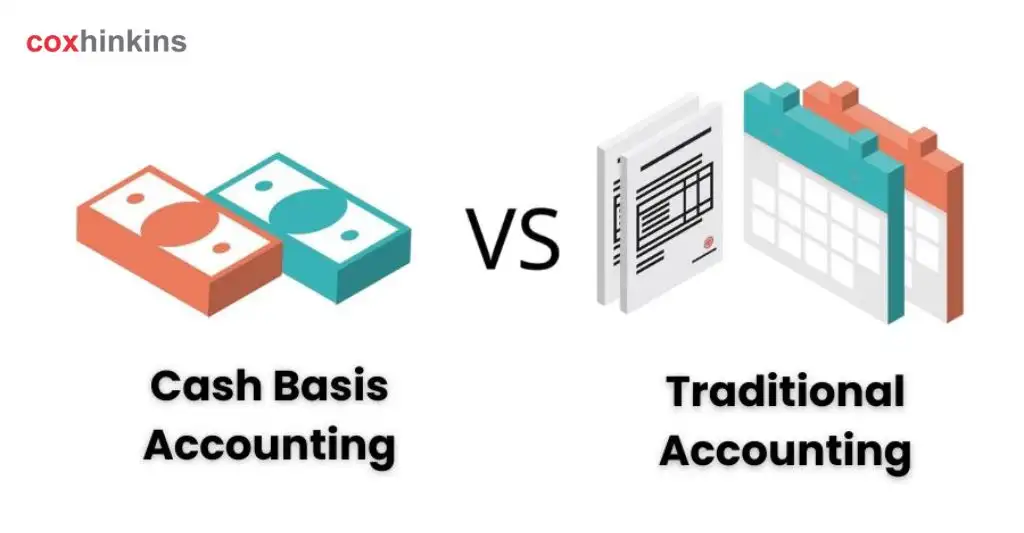Payroll management is one of the most important and time-consuming responsibilities. Whether handled by a payroll company or managed manually, the procedure is difficult and intimidating. Since payroll administration is one of the core components of operating a business, it is imperative to get it right.
Employees will be paid on schedule, taxes will be correctly withheld, and the entire payroll process will be in conformity with labour laws if it is completed accurately and efficiently. However, whether you are a new business owner or an experienced expert, managing payroll may be a challenging and time-consuming chore.
Let’s examine payroll services various advantages, management best practices, types, factors influencing service provider selection, and common pitfalls to avoid. In the end, we’ll learn how they can help you stay within the law while streamlining your operations.
What are Payroll Services?
Independent companies that provide software and automated solutions to help organisations with their payroll and human resources duties are known as payroll services. The following methods can be used by a payroll service provider to help a firm with payroll:
- Inhouse software
- Outsourcing
The business owner still handles payroll using in-house software payroll services. When payroll services are outsourced, a third-party handle all or most of your payroll needs. Employees are usually paid a set rate for their salary or hourly compensation.
In countries, employers are required to pay state, federal, and often municipal taxes for each employee, as well as Social Security, Medicare, and workman’s compensation. All of these transactions must be recorded for auditing and tax purposes, and the employer is required to take a portion of these taxes and other fees from employee pay checks.
Furthermore, a payroll provider usually offers additional services. Employers have the option to assign management of the company’s benefits administration and retirement services. You can keep track of your vacation and leave time.
Some companies provide solutions for handling labour and time management issues, managing employer tax payments, assisting with tax compliance, keeping costs under control, and even assisting with pre-screening.
Furthermore, the service typically handles the paperwork needed for employee pay checks to be deposited directly. Depending on the size of the account and the services rendered, different costs apply. There is usually a cost for each written check, plus a price per person.
Benefits of Outsourcing Payroll
- Payroll outsourcing can revolutionise the way companies of all sizes operate. Its substantial time savings are one of its main benefits.
- Businesses can concentrate on strategic expansion and core operations by outsourcing these responsibilities to an outside source.
- Another important factor is expertise. The rules governing payroll compliance and HMRC requirements are widely understood by payroll companies. This lowers the possibility of costly mistakes resulting from ignorance or carelessness.
- Cost effectiveness is yet another attractive advantage. Some people may be concerned about the costs of outsourcing, but when pay, benefits, and training are taken into account, it’s usually less expensive than keeping an internal staff.
- One important component is flexibility. The payroll requirements of your company will change as it does. Scaling services through outsourcing is simple and doesn’t require significant internal changes.
Best Practices for Managing Payroll
- Effective payroll management is essential for any company. Establish a precise and regular payroll processing timetable first.
- This promotes trust and pleasure by guaranteeing that workers receive their payments on schedule.
- Make use of technology to make your procedures more efficient. Payroll software can handle taxes, keep correct records, and automate computations. This saves important time and lessens human mistake.
- Review your adherence to HMRC’s rules on a regular basis. Maintaining your payroll in compliance with regulatory requirements and avoiding penalties are two benefits of staying current.
- Keeping lines of communication open with workers regarding their payments is another excellent practice.
- Promptly responding to queries or issues increases organisational transparency.
- Audit your payroll system on a regular basis. By analysing data, you can spot inconsistencies early on and guarantee that every pay check is accurate.
Types of Payroll Services Available
We have seen about what are payroll services now let’s understand what are types of it. Businesses that are looking into payroll services find a variety of solutions that are suited to different needs.
- Full-service payroll, where providers take care of everything from tax filing to wage calculations, is a popular option. Businesses wishing to simplify procedures can rest easy knowing that this option is available.
- The self-service payroll is another kind. Here, companies use software solutions that make computations easier and help them comply with HMRC’s standards, but they still maintain control over their payroll tasks. For people who want some automation but still prefer a hands-on approach, it’s ideal.
- Custom payroll options are available for businesses with particular needs. To guarantee efficient operations, these may include customised reports or connection with current HR systems.
- Because of their accessibility, several cloud-based platforms are becoming more and more popular. They provide flexibility in the current remote work environment by enabling users to handle payroll from any location at any time.
Every service type has unique benefits that are appropriate for various company settings and objectives.
Factors to Consider when Choosing a Payroll Service Provider
Your business operations may be greatly impacted by your choice of payroll service provider. Start by determining your unique demands. Take into account elements like the industry, employee count, and company size.
- Seek out a supplier who understands HMRC regulations. For operations to run smoothly and to prevent fines, payroll compliance is essential. You may stay informed about evolving rules with an informed partner.
- Examine the technological offerings of possible suppliers. Platforms that are easy to use streamline data access and payroll administration. The ability to integrate with current systems is also essential for smooth processing.
- Another important consideration while making decisions is customer service. Reliable payroll service provider guarantees that problems are resolved quickly, preserving productivity.
- Take pricing structures into great consideration. Assure transparency and assess if they fulfil all required payroll compliance criteria and fit inside your budget.
Common Mistakes to Avoid in Payroll Management
- The significance of payroll compliance is often overlooked by enterprises. Your company’s finances could be severely impacted by heavy fines and penalties if you don’t comply with HMRC’s rules.
- Ignoring employee classifications is another common error. There may be severe legal ramifications if employees are mistakenly classified as independent contractors rather than employees. Remaining compliant requires an understanding of the differences.
- Payroll management is also plagued by data entry problems. Simple errors in data or personal information might lead to inaccurate payments and make workers upset.
- Furthermore, it causes needless stress to forget tax filing or payment dates. Maintaining a schedule guarantee on-time submission.
- Inefficiencies might arise if payroll procedures are not routinely reviewed. Frequent audits can assist in spotting problems early on, ultimately saving time and money.
Conclusion:
Payroll service complexity might be overwhelming to navigate, but it becomes easier to do so if you know the basics. An understanding of HMRC’s requirements and a proper payroll compliance strategy can help organisations efficiently manage processes.
There are many benefits to outsourcing payroll, including time savings, fewer mistakes, and regulatory compliance. In order to preserve accuracy and employee happiness, payroll management best practices must be implemented. A number of criteria that correspond with your particular business requirements should be taken into account when selecting a service provider.
By avoiding common payroll administration errors, you can avoid expensive fines or administrative hassles. Businesses are better prepared to manage their payroll duties with ease if they bear these considerations in mind. Being aware of the options available will enable firms to make strategic decisions about their payroll services as the employment landscape continues to change.
Disclaimer: Kindly note this blog provides general information and should not be considered financial advice. We recommend consulting a qualified financial advisor for personalised guidance. We are not responsible for any actions taken based on this content.



